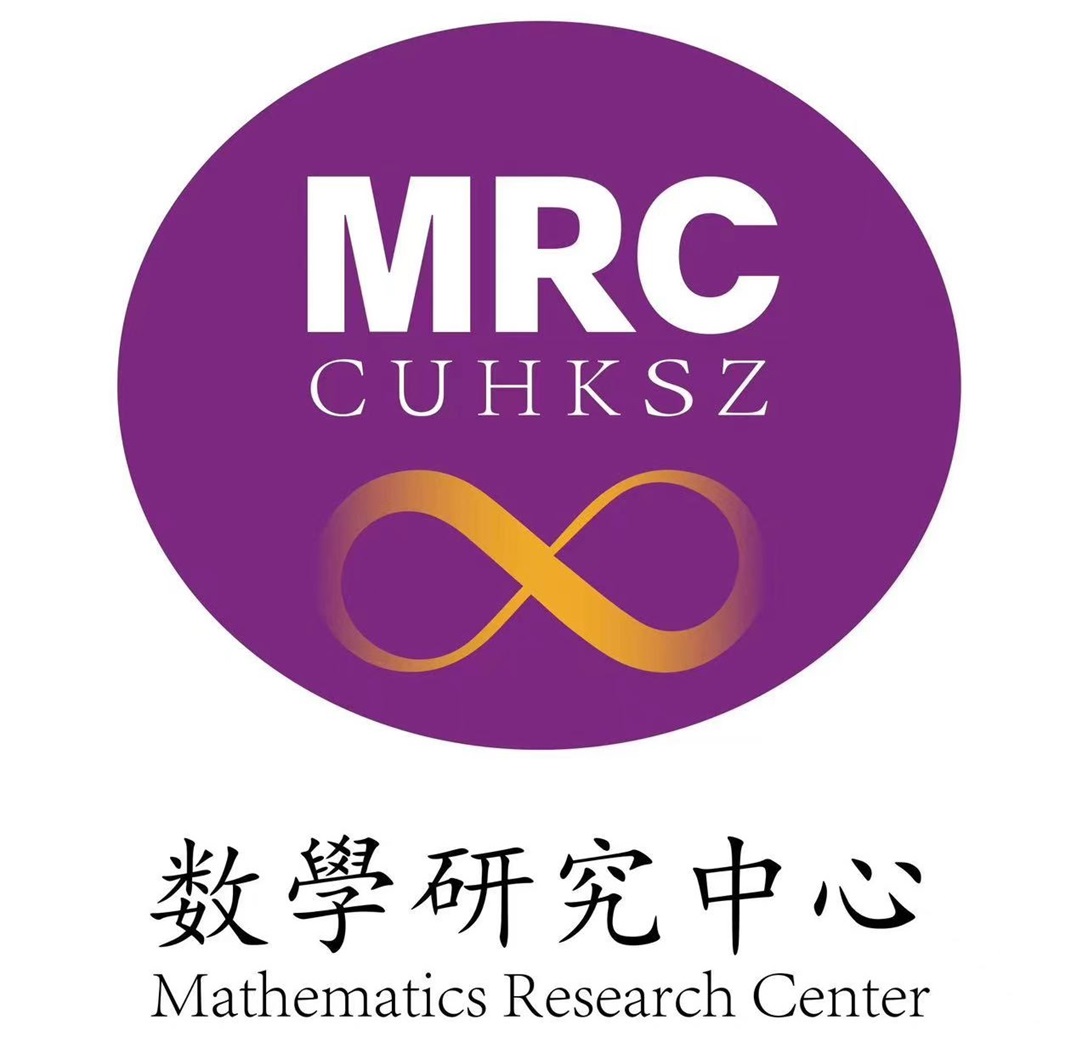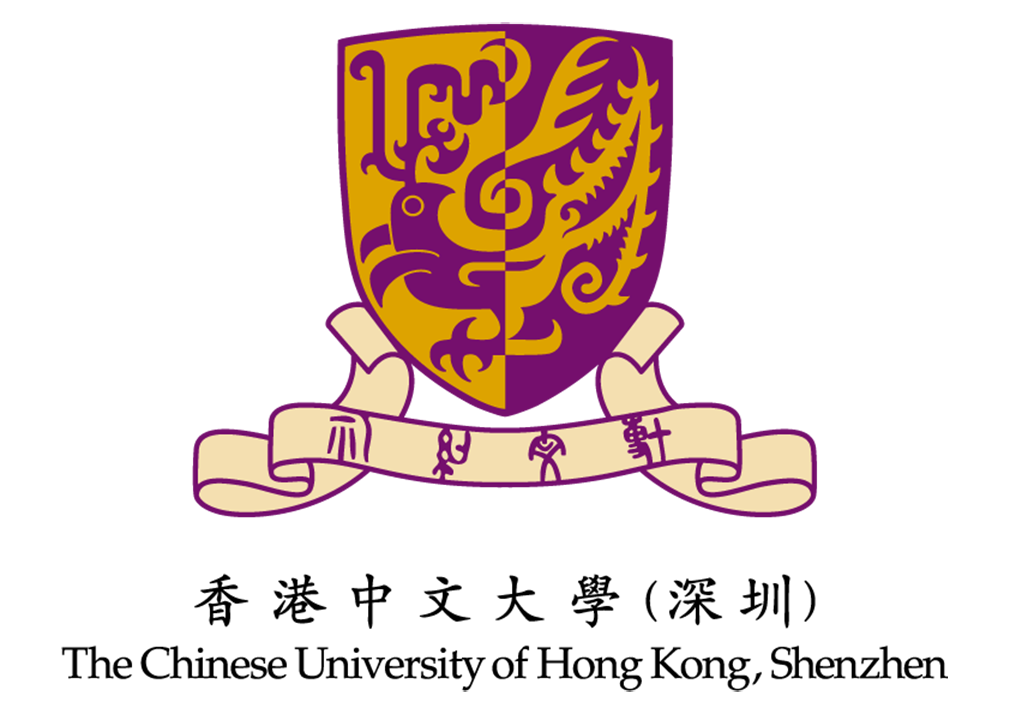



Jing-Song Huang, Caihua Luo, Kayue Daniel Wong
Mathematics Research Center (Zhi Ren Building 420)
Speaker: Shilin Yu (Xiamen University)
Title: Extended duality and unipotent representations
Abstract: Unipotent representations are believed to be the building blocks of unitary dual of semisimple/reductive Lie groups. In their study of special unipotent representations for complex semisimple groups, Barbasch and Vogan constructed a duality map between the nilpotent orbits of G and that of its Langlands dual group Gv (also discovered by Lusztig and Spaltenstein), which allows them to describe the unipotent ideals and representations of G in terms of Gv. Later Sommers and Achar extended this duality map by considering pairs (O, C) consisting of a nilpotent orbit O and a conjugacy class C in its Lusztig canonical quotient group.
In the joint work with Lucas Mason-Brown and Dmytro Matvieievskyi (arXiv:2309.14853), we have extended the Sommers' duality map in another direction by considering covers of nilpotent orbits, which turns out to be equivalent to Achar's duality map (in a nontrivial way). This extended duality map allows us to describe the (generalized) unipotent ideals and bimodules attached to nilpotent covers, proposed previously by Ivan Losev and my other two coauthors, in terms of the Langlands dual group.
Speaker: Soo Teck Lee (National University of Singapore)
Title: Pieri rule and highest weight modules of the general linear algebras
Abstract: The Pieri rule for GLn = GLn(C) is one of the best known results on tensor product of representations. It describes the irreducible decomposition of V ⊗ Sk(Cn) where V is an irreducible polynomial representation of GLn and V ⊗ Sk(Cn) is a symmetric power of the standard representation on Cn. In this talk, we will explain how to use the Pieri rule to obtain weight multiplicities and bases of some highest weight modules of the general linear algebra.
Speaker: Pavle Pandzic (University of Zagreb)
Title: Clifford algebras, symmetric spaces and cohomology rings of Grassmannians
Abstract: We study various kinds of Grassmannians or Lagrangian Grassmannians over R, C or H, all of which can be expressed as G/P where G is a classical group and P is a parabolic subgroup of G with abelian unipotent radical. The same Grassmannians can also be realized as (classical) compact symmetric spaces G/K. We give explicit generators and relations for the de Rham cohomology rings of G/P=G/K. At the same time we describe certain filtered deformations of these rings, related to Clifford algebras and spin modules. While the cohomology rings are of our primary interest, the filtered setting of K-invariants in the Clifford algebra actually provides a more conceptual framework for the results we obtain. This is joint work with Kieran Calvert and Kyo Nishiyama.
Speaker: Masahito Hayashi (The Chinese University of Hong Kong, Shenzhen)
Title: Estimation of group action via non-commutative Fourier transform
Abstract: In this talk, we will discuss the estimation of group action by using non-commutative Fourier transform. We show an interesting relation between non-commutative Fourier transform and this estimation problem. Then, applying this relation, we optimize our estimation method under various condition including the energy constraint. Finally, we apply obtained result to uncertainty relation related to compact groups.
References:
M. Hayashi, Special functions in quantum phase estimation, arXiv:2302.06899
M. Hayashi, “Fourier Analytic Approach to Quantum Estimation of Group Action,” Communications in Mathematical Physics, Volume 347, Number 1, 3 – 82 (2016).
M. Hayashi, S. Vinjanampathy, and L.-C. Kwek, “Resolving unattainable Cramer-Rao bounds for quantum sensors,” Journal of Physics B: Atomic, Molecular and Optical Physics, vol. 52 015503 (2019).
H. Imai and M. Hayashi, “Fourier analytic approach to phase estimation in quantum systems,” New Journal of Physics, Vol. 11 No 4, 043034 (2009).
Speaker: Emile Okada (National University of Singapore)
Title: The wavefront set of a p-adic representation
Abstract: The wavefront set is a microlocal invariant attached to representations of reductive groups which measures the singular support of the character distribution at the identity. Roughly speaking it attaches to a representation pi a collection of coadjoint nilpotent orbits which philosophically can be thought of as a reductive approximation to the orbit method. In this talk I will present recent results from joint work with Ciubotaru and Mason-Brown in which we relate the wavefront set, Langlands reciprocity, unitarity, and the representation theory of finite groups of Lie type for certain depth-0 representations.
Labor Day Holiday - no talks
Speaker: Kei Yuen Chan (The University of Hong Kong)
Title: Derivative theory of square-integrable representations for p-adic general linear groups
Abstract: The derivative theory is to capture some useful and computable information of Jacquet modules. It starts in an early work of C. Jantzen and A. M´ınguez for derivatives of cuspidal representations for p-adic general linear groups. I will explain some of my recent work on derivatives of square-integrable representations for p-adic general linear groups. If time permits, I will talk about applications on formulating a notion of generalized GGP relevant pairs for branching laws.
Speaker: Chuijia Wang (The Chinese University of Hong Kong)
Title: Distinction and quadratic base change for regular supercuspidal representations
Abstract: It is a fundamental problem in representation theory to understand the structure of the restriction of an irreducible representation to a closed subgroup. In this talk, I will introduce a conjecture of Prasad classifying distinguished representations with respect to a specific quadratic character in terms of certain functorial property of their associated Langlands parameters for Galois symmetric spaces. I will recall recent progress towards this conjecture and our work on this conjecture for regular supercuspidal representations. The work is based on Kaletha's parametrization of these representations and Hakim-Murnaghan's refinement of Mackey's theory.
Speaker: Yixin Bao (Harbin Institute of Technology, Shenzhen)
Title: Structure and Homology Theory of Affine Nash Groups
Abstract: Abstract: Affine Nash Groups provide a convenient setting for us to study smooth representations of moderate growth. Since the Schwartz homology theory has been established, many interesting results have been achieved. In this talk, we focus on the classification of affine Nash groups and give a complete classification of locally commutative Nash groups. In a mild condition, we prove the Hausdorff property of the Schwartz homology. This is a joint work with Chen YangYang.
Speaker: Luo Yi (National University of Singapore)
Title: The Casselman-Shalika formula: a Hecke algebra approach
Abstract: Abstract: In this talk, we revisit the classical Casselman-Shalika formula for p-adic groups. Our approach bridges the methods of Gurevich-Karasiewicz and Brubaker-Bump-Friedberg. We establish the C-S formula by studying the spherical Hecke action on the Gelfand-Graev representation, which we derive from the action on the Iwahori level. Aditionally, we discuss how to obtain criteria on genericity of unramified representations as a by-product.